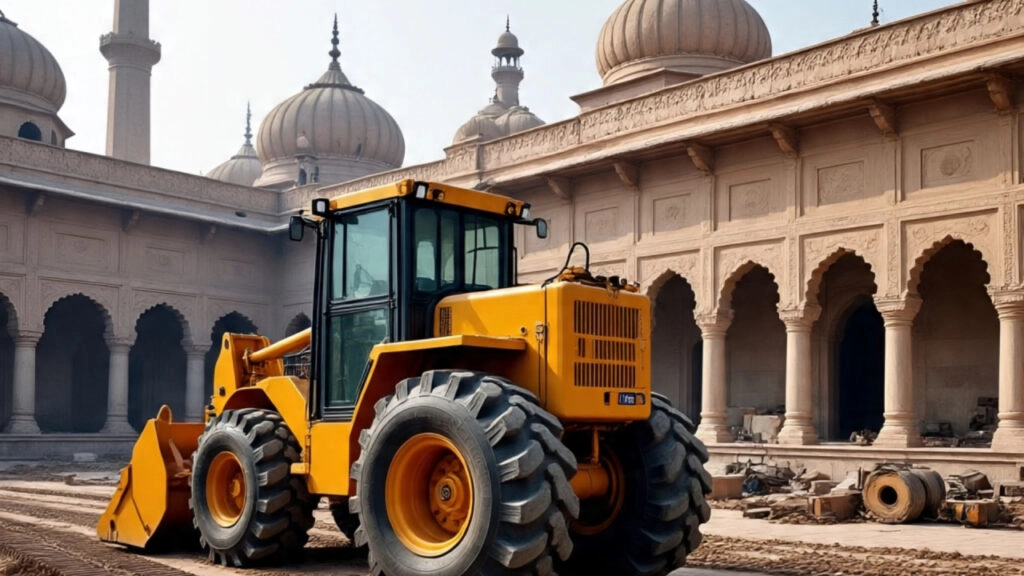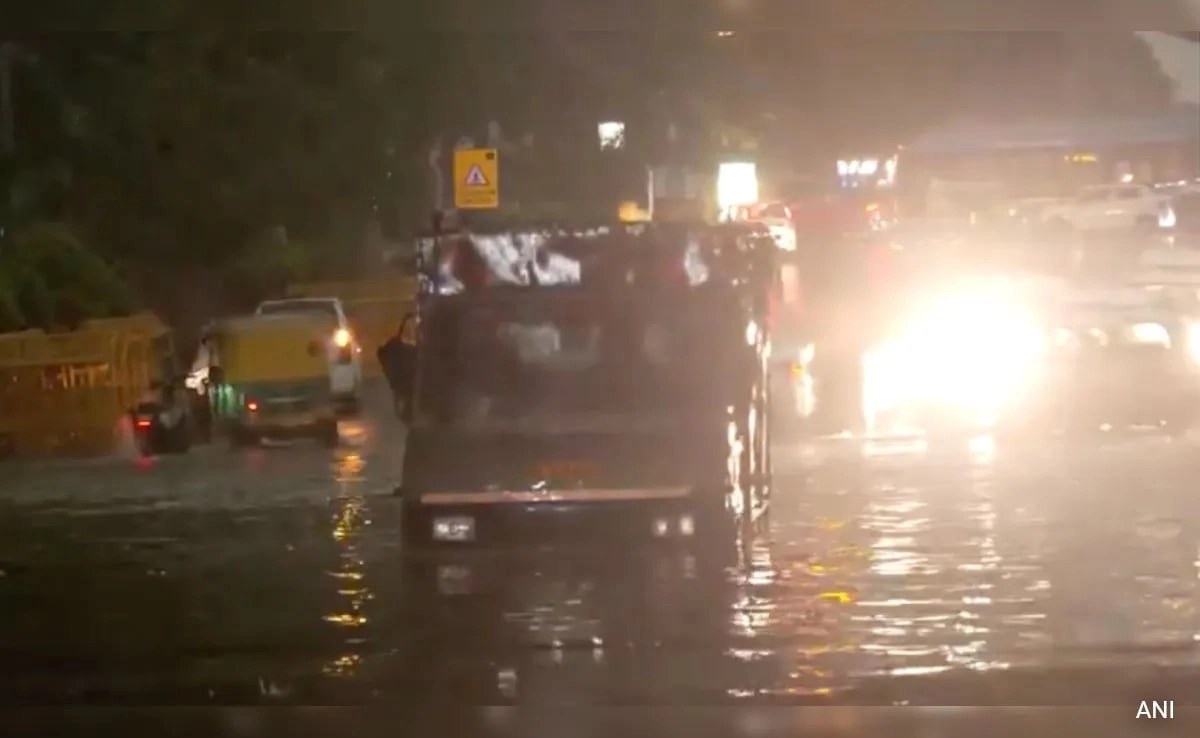The recent arrest of a journalist who hosted a talk show has sparked significant controversy, particularly concerning remarks deemed derogatory about Amaravati, the upcoming capital of Andhra Pradesh. The journalist, who has been known for his outspoken views and critical stance on various political issues, reportedly made comments that were interpreted as offensive towards the city and its developmental prospects. This incident has raised questions about freedom of speech, the role of media, and the boundaries of journalistic expression in contemporary India.
Amaravati, envisioned as a modern capital, has been a focal point of political discourse and development plans in Andhra Pradesh since the bifurcation of the state in 2014. The city is not just a political center but also symbolizes the aspirations of the residents for growth and progress. As various stakeholders, including government officials, urban planners, and citizens, invest their hopes in the capital’s development, any derogatory remarks can be perceived as undermining those efforts. The backlash against the journalist underscores the sensitivity surrounding the city’s image and the larger political environment in the state.
The arrest has ignited debates on the limits of journalistic freedom and the potential repercussions of criticizing government initiatives. Supporters of the journalist argue that such actions stifle dissent and discourage open dialogue, which is essential for a functional democracy. Critics, however, contend that the media has a responsibility to maintain a level of respect and decorum when discussing matters of public interest, especially when it involves a city that is significant to the state’s identity and development. This incident serves as a reminder of the delicate balance between free expression and accountability in media practices.
As the situation unfolds, it is crucial to monitor how this event will impact public discourse in Andhra Pradesh and beyond. Conversations about the role of media, the responsibilities of journalists, and the expectations of public figures are likely to intensify. The case could serve as a pivotal moment in shaping the future landscape of journalism in the region, prompting a reevaluation of how journalists navigate the complexities of reporting in an increasingly polarized environment. Ultimately, the implications of this arrest may resonate beyond the immediate circumstances, influencing broader discussions on freedom of expression and the relationship between the media and government in India.




